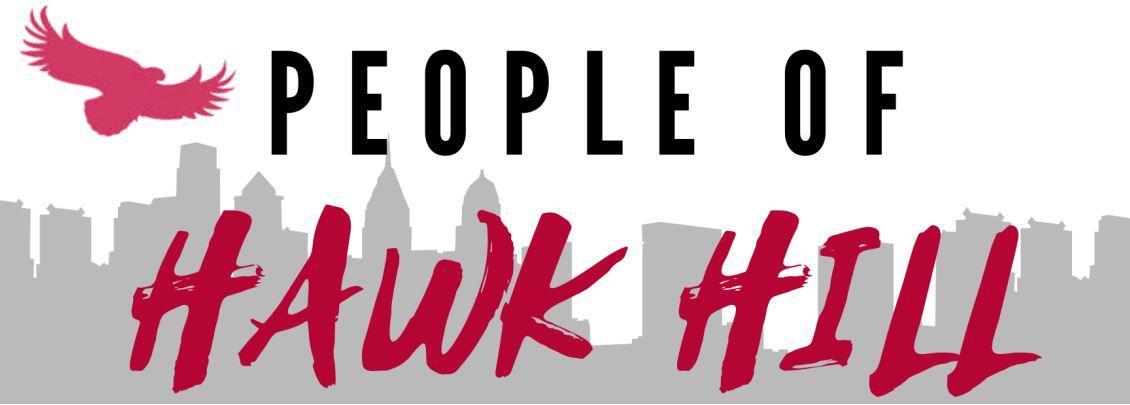As a kid, when my father would tell people my name, I never thought it was necessary to correct them on how to pronounce it: “Cuh-Rinn.” My name is simply a blended combination of my mother’s name, Carla, and my father’s, Ben. It is nothing too special, just an ordinary mix that happened to sound good.
When I took charge of the burdensome task of policing the pronunciation of my name, I started with leniency. I never thought it was crucial to correct people when they mispronounced my name. I figured it does kind of look like “Karen.” I also knew how nervous it made people to hear a Black woman assert herself, so I decided that what people would assume as coming off as a ‘b-word’ was unnecessary—even though I hated being called Karen.
It wasn’t until I was a first-year student at St. Joe’s that I even had a conversion about names. It was in a space where a dignified and inspiring person of color, and a professional keynote speaker, Javier Avila, shared the story of his name and the difficulties that he faced as a Latino male in America.
His story was a remarkable and empowering narrative that shaped how I saw and valued my name. I acknowledged its history and purpose in my life. But his talk wasn’t enough for me to shake that undeniable fear that I was socialized to have because of my position as a Black woman at a predominantly white university.
In the summer of 2020, when I marched the streets of JFK Boulevard in Center City, shouting for justice with thousands of Black Americans from across Philadelphia, I finally understood why it was so important to “Say My Name” and say it right.
A rock may be solid, but it can still be weathered down to dust and grit. No matter how strong a person may appear on the outside, the world can wear and tear them down to nothing if they let it. I decided that it was time to make people say my name. My name, Caren.














































